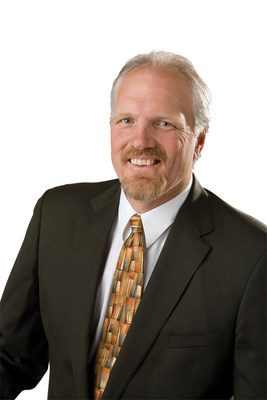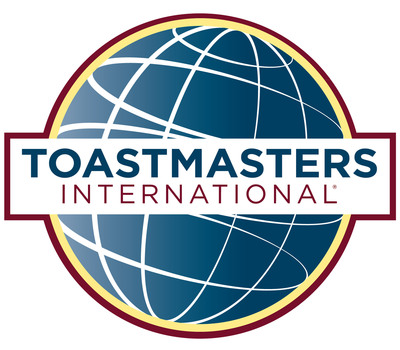News, company info and media resources
pr@toastmasters.org | +1 720-439-5050
News Releases
RANCHO SANTA MARGARITA, Calif., Oct. 21, 2015 /PRNewswire/ -- Glossophobia, the fear of public speaking, is a common social phobia, with an estimated 75 percent of the population experiencing some form of anxiety before giving a speech. What causes these people to break into a cold, clammy sweat at the mere thought of addressing a group of classmates or colleagues? Maybe they believe the many myths surrounding public speaking, rather than the reality, which is that anyone can gain confidence and minimize fear through regular practice.

So before you start panicking over your next speech, take a look at five of the most common myths (and how accomplished individuals debunked them), according to Toastmasters International, the global leader of communication and leadership skills development:
Myth1: You have to be "a natural" to be a good speaker.
Reality: Anyone can become a great public speaker. Tom Monaghan, founder of Domino's Pizza and former owner of the Detroit Tigers, was born with a natural skill for operations, setting the industry standard for turning out pizzas in record time. But he would freeze in front of a crowd and joined Toastmasters to help him shine in front of large audiences.
Myth 2: Experienced speakers don't get nervous.
Reality: Mark Twain said there are two types of speakers in the world: 1) the nervous and 2) liars. The trick to overcoming nerves is knowing that you're in control. Before conquering his fear, billionaire investor Warren Buffett said he used to throw up before giving a presentation. Buffett practiced presenting in front of small groups until he became more comfortable and is now one of the most coveted speakers in the world.
Myth 3: Introverts aren't great public speakers.
Reality: If you're quiet, shy or otherwise introverted, you can be just as great at public speaking as any of your outgoing, gregarious colleagues. Susan Cain, a self-proclaimed introvert and author of the New York Times best-selling book, Quiet: The Power of Introverts in a World That Can't Stop Talking, wanted to get comfortable speaking about her book in front of large groups, so she joined a local Toastmasters club. "Participation in the club gave me the ability to get used to public speaking in a way that was safe," Cain says.
Myth 4: The best speeches are memorized.
Reality: Rehearse your speech in front of an audience who will provide you with valuable feedback, but don't memorize it. Patricia Fripp, an award-winning keynote speaker, warns, "You should not memorize your entire presentation, but rather your opening, key points, and conclusion. Then, rehearse enough so you can 'forget it.'"
Myth 5: You have to stand still behind a lectern when speaking.
Reality: The best speeches and TED Talks are often movement-based. When it works for your presentation, walking around and using hand gestures can give your speech a relaxed conversational style. Former NBA player Mark Eaton, center for the Utah Jazz, often felt inhibited by his towering 7-foot-4-inch frame until he learned how to use gestures and movement in his speeches. "I realized I have to learn how to let go of that self-consciousness and really learn how to be comfortable with who I am," says Eaton, who joined Toastmasters and is now a professional speaker.
To find a local Toastmasters club where you can improve your next presentation, visit www.toastmasters.org/findaclub.
About Toastmasters International
Toastmasters International is a worldwide nonprofit educational organization that empowers individuals to become more effective communicators and leaders. Headquartered in Rancho Santa Margarita, Calif., the organization's membership exceeds 332,000 in more than 15,400 clubs in 135 countries. Since 1924, Toastmasters International has helped people from diverse backgrounds become more confident speakers, communicators and leaders. For information about local Toastmasters clubs, please visit www.toastmasters.org. Follow @Toastmasters on Twitter.

Photo - http://photos.prnewswire.com/prnh/20151020/278898
Logo - http://photos.prnewswire.com/prnh/20130222/MM64912LOGO
SOURCE Toastmasters International
+1 720-439-5050
pr@toastmasters.org

